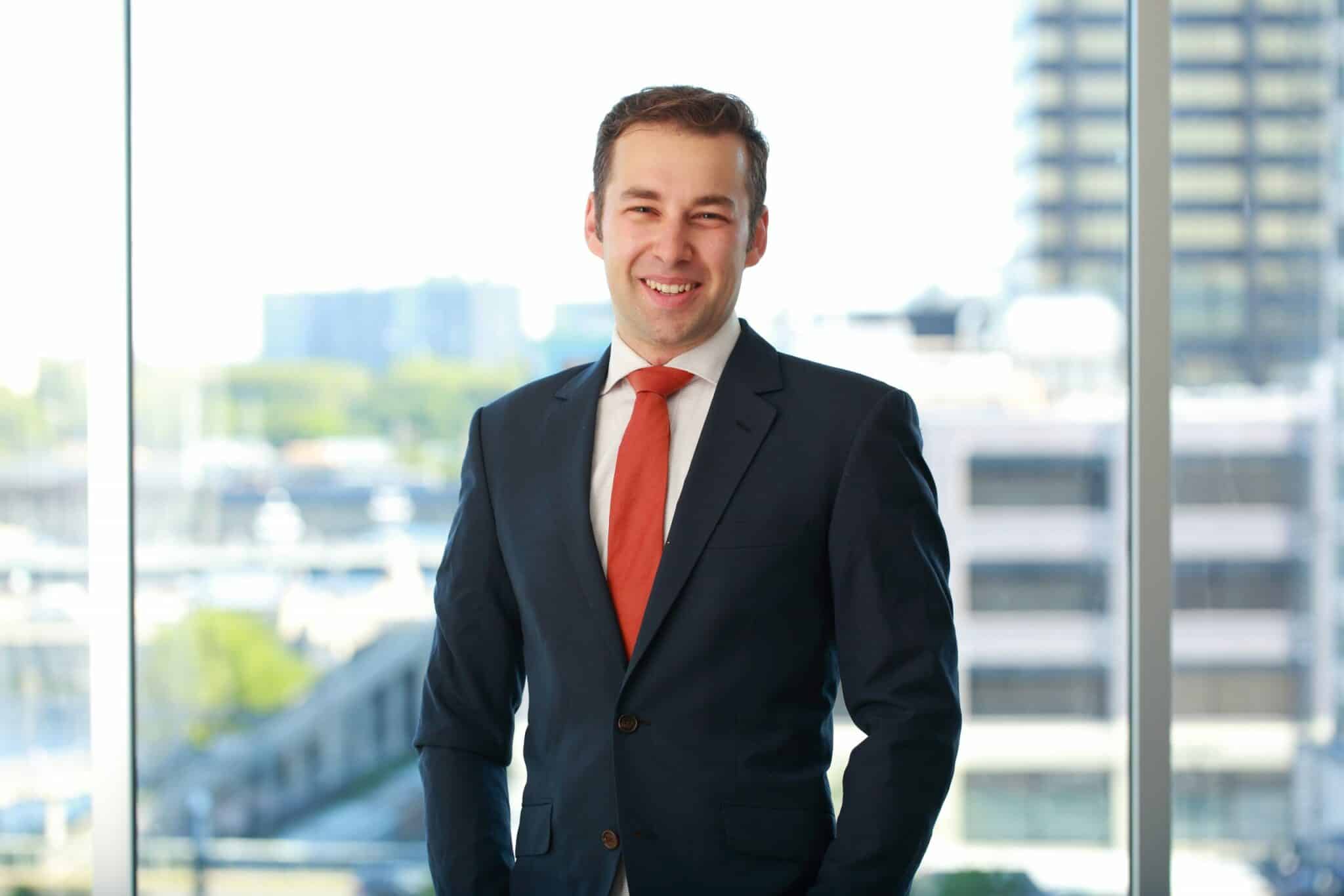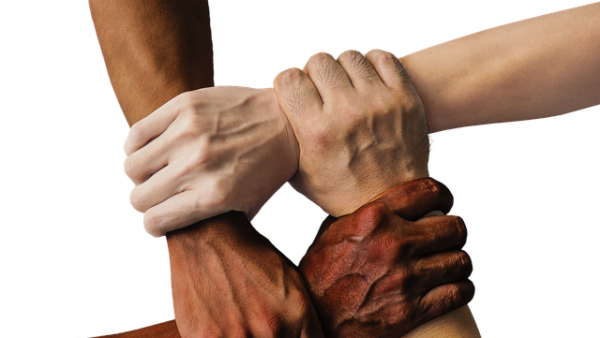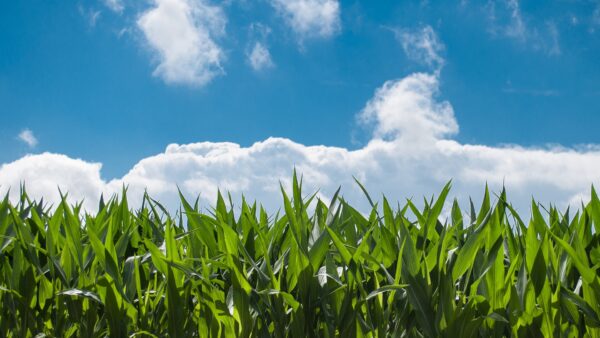Michael Pareles, Global Digital Strategy and Growth Lead, co-founder of Bayer’s Blockchain Center of Excellence, talks about how important it is to have traceability throughout the stockholder chain.
Seed World (SW): Favorite movie?
Michael Pareles (MP): I feel like my partner and I have watched every movie in Hollywood while in quarantine. It’s too hard to choose!
SW: What are you reading?
MP: The Wizard and the Prophet by Charles Mann. It’s a fascinating comparison of two competing philosophies on how we steward the resources of this planet; particularly relevant as our industry strives to feed a growing population with increasingly strained resources. Through the double biopic of ecologist William Vogt and Green Revolution pioneer and Nobel laureate Norman Borlaug, the book compares the “Prophets,” who believe the world’s resources are finite and that humans must learn to live within them, and the “Wizards,” who contend that through science and human ingenuity we can deliver prosperity to humanity potentially without end. It’s a great exploration of the supposed paradox our industry is working through today.
SW: What’s the best part of the holiday season?
MP: I’m a New York Jew transplanted to the Midwest, and every Hanukah I look forward to supporting our hardworking colleagues in the potato industry by eating my weight in latkes (traditional Jewish fried potato pancakes).
SW: Got a New Year’s Resolution?
MP: I’m moving to Singapore for a new role with Bayer building on the work we’ve done with blockchain and new digital business models in North America to increase the livelihood of smallholder farmers in the Asia Pacific. At Bayer, we have a goal of reaching 100 million smallholder farmers by 2030 so my resolution is to help make a dent there. And to lose 10 pounds.
SW: How’d you get into working with blockchain?
MP: I joined Bayer out of business school as part of the Legacy Monsanto Digital Innovation Team, thinking up new digital business models, prospecting new digital technologies and bringing those technologies into the company — and sometimes even the ag industry — for the first time in proofs-of-concept, pilot projects, etc. I was the team’s financial modeler and was fortunate to have a really forward-thinking and supportive boss (Stan Dotson, now retired) who had a hunch in 2017 that blockchain could have a huge impact, not just with Bitcoin and the financial world, but for a wide range of challenges in agriculture. My colleague Adil Rahman and I raised our hands, and our boss took a chance on two non-operational guys to try and spread the blockchain “gospel” to our industry partners and build some things that demonstrate what this technology could do for agriculture. The work we’ve done with BlockApps on TraceHarvest is one of those things.
SW: Can you tell us a little bit about TraceHarvest and your experience with it?
MP: My colleague Abha Khandelwal and I started working with BlockApps in 2018 when we were looking for an experienced partner that could help us not only solve the challenge of creating a scalable and extensible traceability solution for our products, but also help us think through some of the other ways blockchain technology could bring value to our customers and drive digital transformation in our industry. Over the past two seasons working with some forward-thinking dealers, farmers and grain traders, we were able to track our highest-value seed varieties through the value chain with an ease, accuracy and scale not previously possible and, in turn, help our farmers reap the benefit of that traceability. Piloted during both the pandemic and one of the biggest flooding seasons in Midwest history, we believe BlockApps has built a capability which is not only best-in-class, but battle-tested to meet the tough standards and requirements of the grain industry and potentially many other industries.
SW: Why do you think traceability is so important for farmers and consumers?
MP: We live in a world where people increasingly view information not just as an asset, but as a right. As more consumers and governments demand to know more about their products, traceability is going to become table stakes to participate not only in high-margin markets, but potentially even the commodity markets we already support. Traceability gives farmers the opportunity to highlight the sustainable stewardship that many are already doing with better seeds, no-till and other technologies and practices, as well as to increase their livelihoods by accessing markets and consumers who will compensate them for those practices and beyond. Traceability is also a huge opportunity for actors throughout the ag value chain to create new business models for farmers like carbon credits, sustainability and outcome-based pricing, and we at Bayer want to help facilitate that for our customers and partners.
SW: What are you most excited to see in the future when it comes to blockchain?
MP: Traceability is going to have a huge impact in developed markets where farmers already have access to the best technologies, but where I’m especially bullish on blockchain is in developing markets where the financial systems are not as mature. In these markets, farmers might not have the liquidity or credit to access the best seeds, crop protection or digital tech that would really bring their productivity to another level. The financial applications of blockchain could be really impactful here, helping to more reliably collateralize land or even establish land ownership so growers can get the credit they need to start reaping the benefits from technology that farmers in developed markets already enjoy. This would not only help close the gap on how we’re going to feed another two billion people by 2050 but lift hundreds of millions of subsistence farmers out poverty in the process. That sounds like a good day to me.











